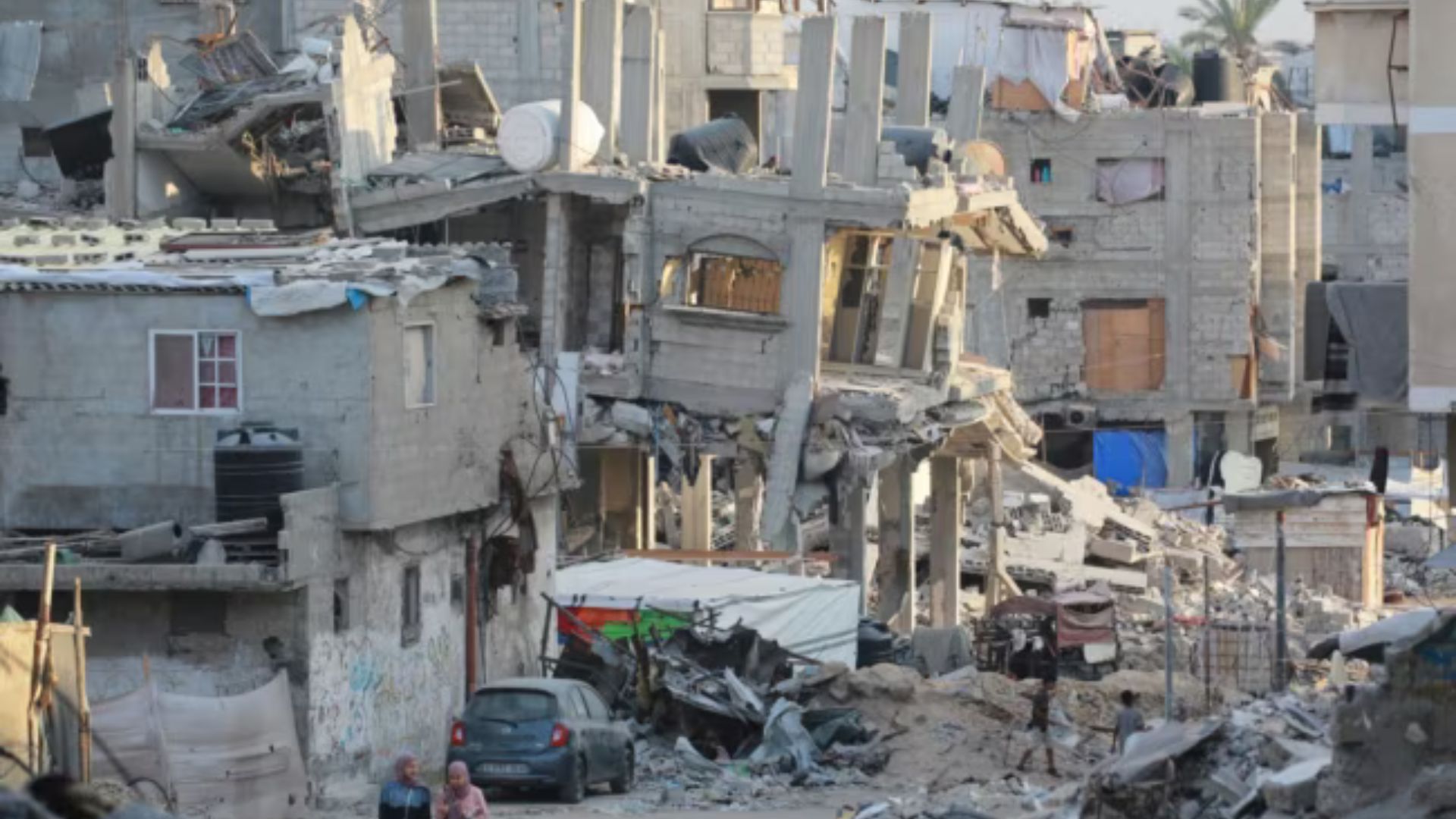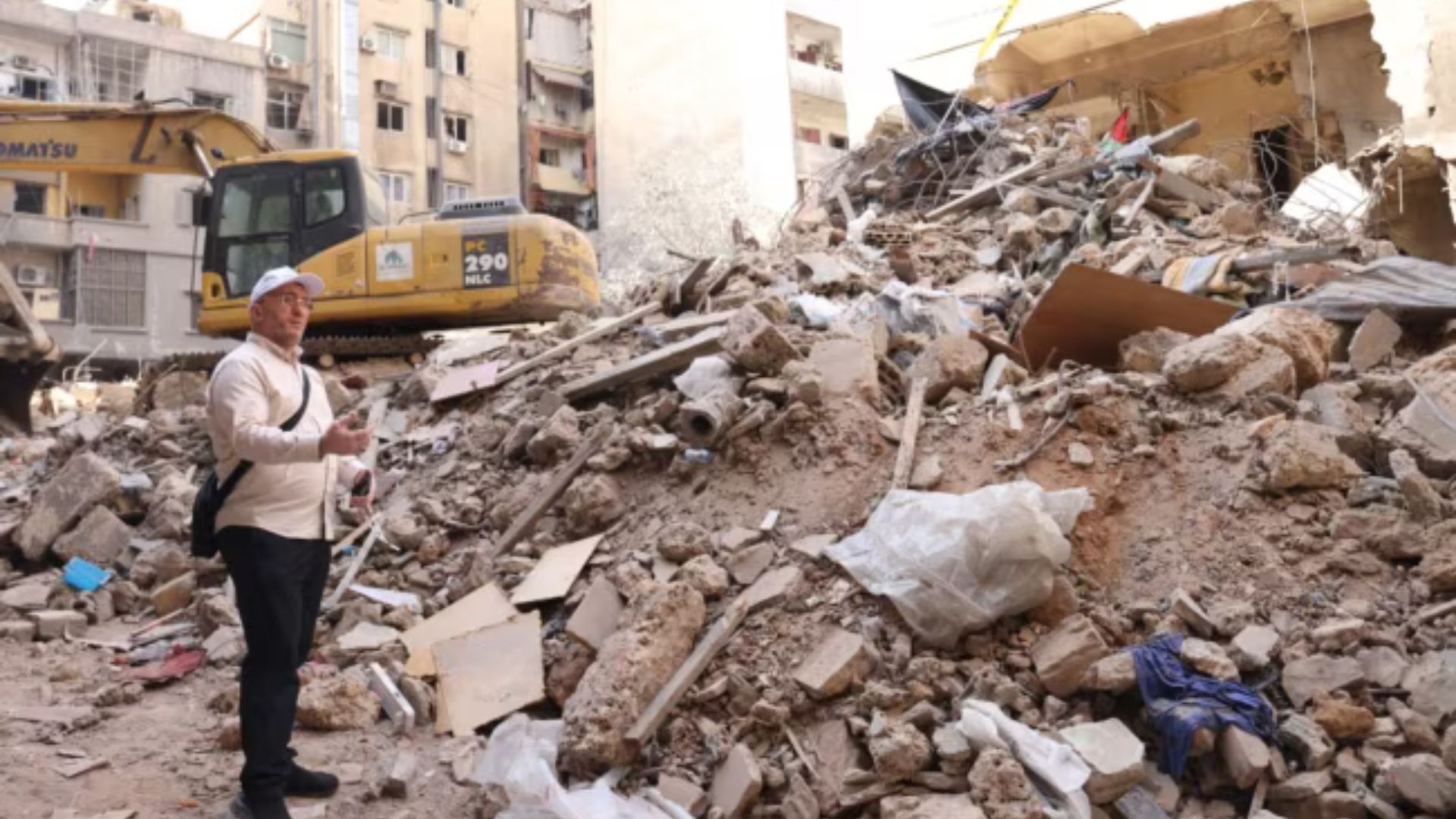Israel announced on Thursday that it killed Yahya Sinwar, the leader of Hamas, who was responsible for the terror attack on October 7, 2023, which initiated the ongoing Gaza war.
The Israeli forces reportedly encountered Sinwar and two other militants in a southern Gaza building, firing upon them without prior knowledge of Sinwar's location.
Israeli authorities believed they had killed Sinwar following the incident, but after hours of investigation, which included looking through his DNA and dental records, they were able to confirm his death.
Identifying Sinwar as a "mass murderer" and emphasizing that he was accountable for the October 7 slaughter, Israeli Foreign Minister Israel Katz described his passing as a major military and moral victory for the Israeli army.
Katz added, "The assassination of Sinwar will create the possibility to immediately release the hostages and to bring a change that will lead to a new reality in Gaza — without Hamas and without Iranian control."
Given that cease-fire negotiations in the Gaza conflict have been deadlocked for months due to both sides' reluctance to agree on conditions, the immediate effects of Sinwar's passing are still unknown.
Israeli Prime Minister Benjamin Netanyahu addressed Gaza residents in a recorded video statement, stating, "He ruined your lives," suggesting this was their opportunity to rid themselves of Sinwar's tyranny.
Netanyahu characterized Sinwar's death as "an important milestone in the sunset of Hamas' rule in Gaza," while emphasizing that the mission against Hamas is still ongoing.

"A good day for Israel, for the United States, and for the world," said U.S. President Joe Biden, who expressed optimism for a political solution in Gaza that does not include Hamas.
"There is now the opportunity for a 'day after' in Gaza without Hamas in power," Biden said, adding that Sinwar had been a major barrier to regional peace.
As of now, Hamas is believed to still hold about 100 of the 250 hostages taken during the initial attack, although over 30 hostages are thought to be deceased.
Israel reported no indications that any hostages were present at the site where Sinwar and the other militants were killed.
Michael Herzog, the Israeli ambassador to the United States, said after Sinwar was killed, "Today, the world is a safer place," comparing it to the killings of other infamous terrorists such as Osama Bin Laden and Abu Bakr al-Baghdadi.
Similar to what happened with the expulsion of other terror leaders in the past, Herzog said that Sinwar's death presents a great opportunity for a more safe region.
Israeli forces allegedly discovered cash, identification documents, and military gear on the militants' bodies after the fight.
The forces that murdered Sinwar, according to Israeli media, had no previous intelligence about his presence at the scene and were not on an assassination operation.
In northern Gaza, health officials reported that an Israeli airstrike on a school used as a shelter for displaced Palestinians killed at least 14 people, including five children.
The Israeli military stated it was targeting Hamas and Islamic Jihad militants who had gathered at the school in Jabaliya, where they had conducted an extensive air and ground offensive.
The head of the Health Ministry's emergency section in northern Gaza, Fares Abu Hamza, verified the death toll and said that many of the fatalities were critically ill women and children.
There have been allegations that Israel has killed a large number of civilians by regularly attacking Gaza's schools and tent camps that house displaced families.

The Israeli military contends that it conducts precise strikes against militants, attempting to minimize harm to civilians, despite evidence of widespread casualties among non-combatants.
The October 7 attack by Hamas militants resulted in approximately 1,200 deaths in Israel, primarily among civilians, prompting Israel's extensive retaliatory offensive in Gaza.
Over 42,000 Palestinians have died as a result of the retaliatory strikes, according to the Gaza Health Ministry. Israel says thousands of these deaths are terrorists.
Hussein Awada, a Hezbollah commander who was accused of launching rockets into Israel, was killed, the Israeli military said in Lebanon.
Due to their close proximity to Hezbollah militant installations, which usually precede attacks, Israel has issued evacuation orders for a number of areas in Lebanon, ordering inhabitants to flee.
In the southern town of Nabatieh, Israeli airstrikes on Wednesday killed 16 people, including the mayor, and injured more than 50 others, according to Lebanon's Health Ministry.
A municipal council meeting intended to discuss service and humanitarian issues for the displaced people was the focus of the attack, according to Lebanese officials, who denounced it.
The meeting, which was centered on helping individuals displaced by the fighting, was purposefully struck by Israel, according to Caretaker Prime Minister Najib Mikati.
Israeli Defense Minister Yoav Gallant responded by stating that Israel would not stop attacking Hezbollah in order to engage in talks, retaining a strong military posture.
The current battle between Israel and militant organizations in Gaza and Lebanon has escalated as the Israeli military claimed carrying out widespread attacks on Hezbollah targets in the Nabatieh area.





























